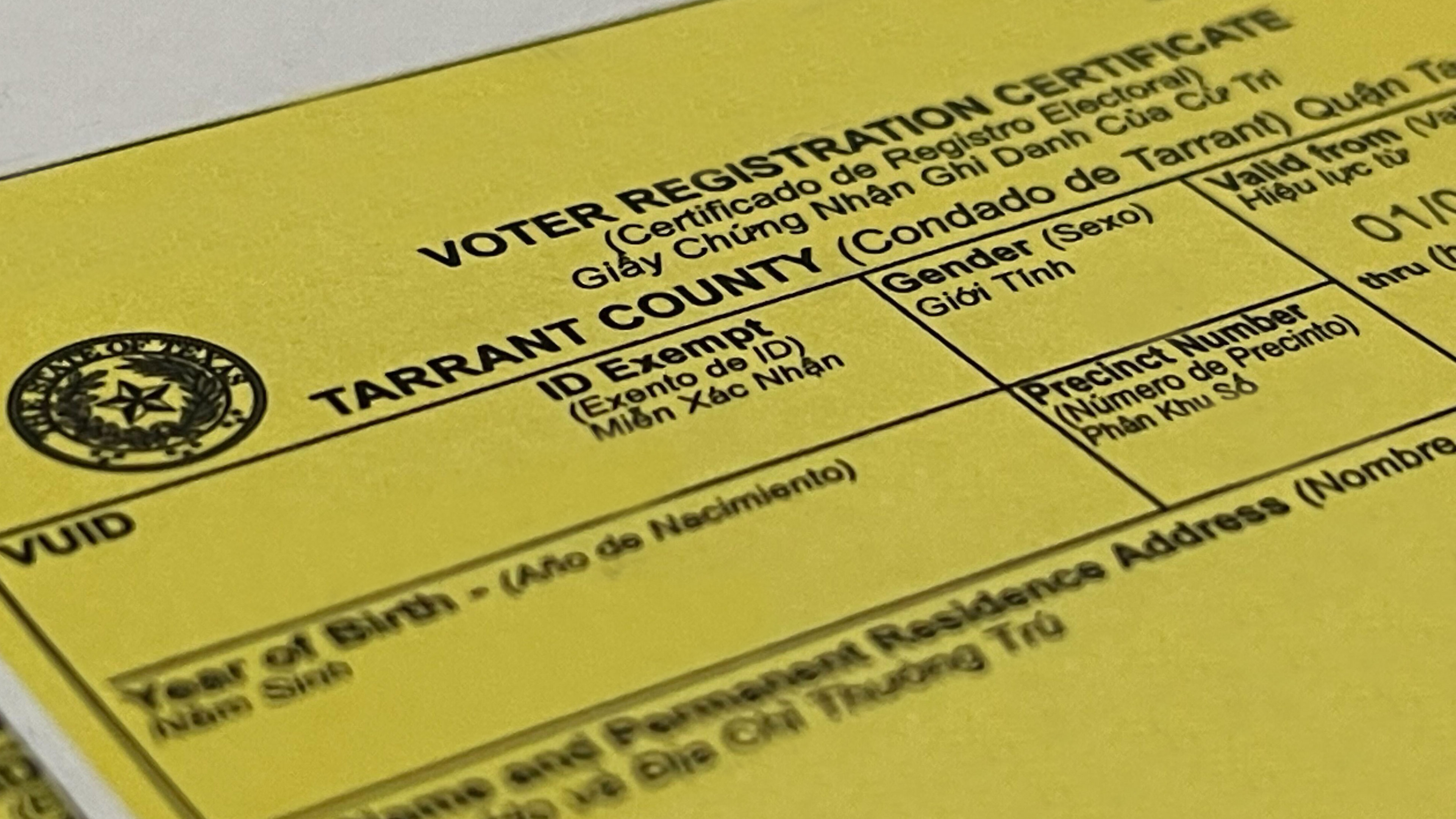MedStar has responded to nearly 600 heat-related illness calls this summer. NBC 5’s Tahera Rahman reports on how they and other first responders are staying prepared and safe as they answer these calls for help.
MedStar is seeing an uptick in heat-related illness calls in Fort Worth and 13 surrounding cities.
The ambulance service responded to 585 calls between June 23 and Aug. 15, and 379 patients had to be taken to the hospital.
Watch NBC 5 free wherever you are
“The increase is definitely showing its ugly side," said spokesperson Heath Stone.
Stone said this year's numbers are on track to beat last year, which already saw a major increase: August 2023 saw a 270% increase in heat-related illness calls and a 358% increase in hospital transports.
Get top local stories in DFW delivered to you every morning with NBC DFW's News Headlines newsletter.
“Heat exhaustion, so folks feeling fatigued, nauseous, maybe some vomiting, a little dizziness -- just overall overheating because they’re not hydrating enough," Stone explained.
He said they usually see a slight decrease in calls once school starts, but not this year.
“We haven’t seen that, as folks are still staying out in the open, going outdoors," Stone said.
Local
The latest news from around North Texas.
Folks like Caroline Kirtley and Madelyn Griffith decided to spend the blistering hot day catching up with each other on the Trinity Trails in Fort Worth.
"We’ve been meaning to catch up for months at this point," said Griffith.
"And we both love exercise," Kirtley added.
"I don’t mind it at all. It’s a good workout," said another man walking the trail.
Stone said his crews are stocking up on ice packs and water bottles in their ambulances, which are cooled down to 40 degrees below the ambient temperature and have two air conditioning units in each truck.
Stone said their first responders are encouraged to hydrate, too, starting before they clock in.
“If they didn’t hydrate the shift before, they’re already behind," he said.
That's what Fort Worth firefighters are also told to do as they don their uniforms -- an extra roughly 50 pounds as they face flames.
A fire on Friday at about 11:15 a.m. at a flea market on River Oaks Boulevard took just 15 minutes to put out but had firefighters wiping off sweat and soaking through their shirts.
"We do have a Gear One truck that responds to all our working fires. They provide the electrolyte powders, along with bottled water, and also exchange our gear on-scene," said Bobby Fimbres, a battalion chief.
He said some people were inside the building during the fire but were all evacuated safely, and firefighters braved the heat in more than one way.
“We have to acclimate. Because this is the environment that we work in," Fimbres said.
Kirtley and Griffith, who choose to be out in the heat, are following MedStar's tips on hydration and awareness.
“Recognizing signs of heat stroke, so making sure if we stop sweating to seek shelter, get hydrated, call for assistance if we need it," Kirtley said.



